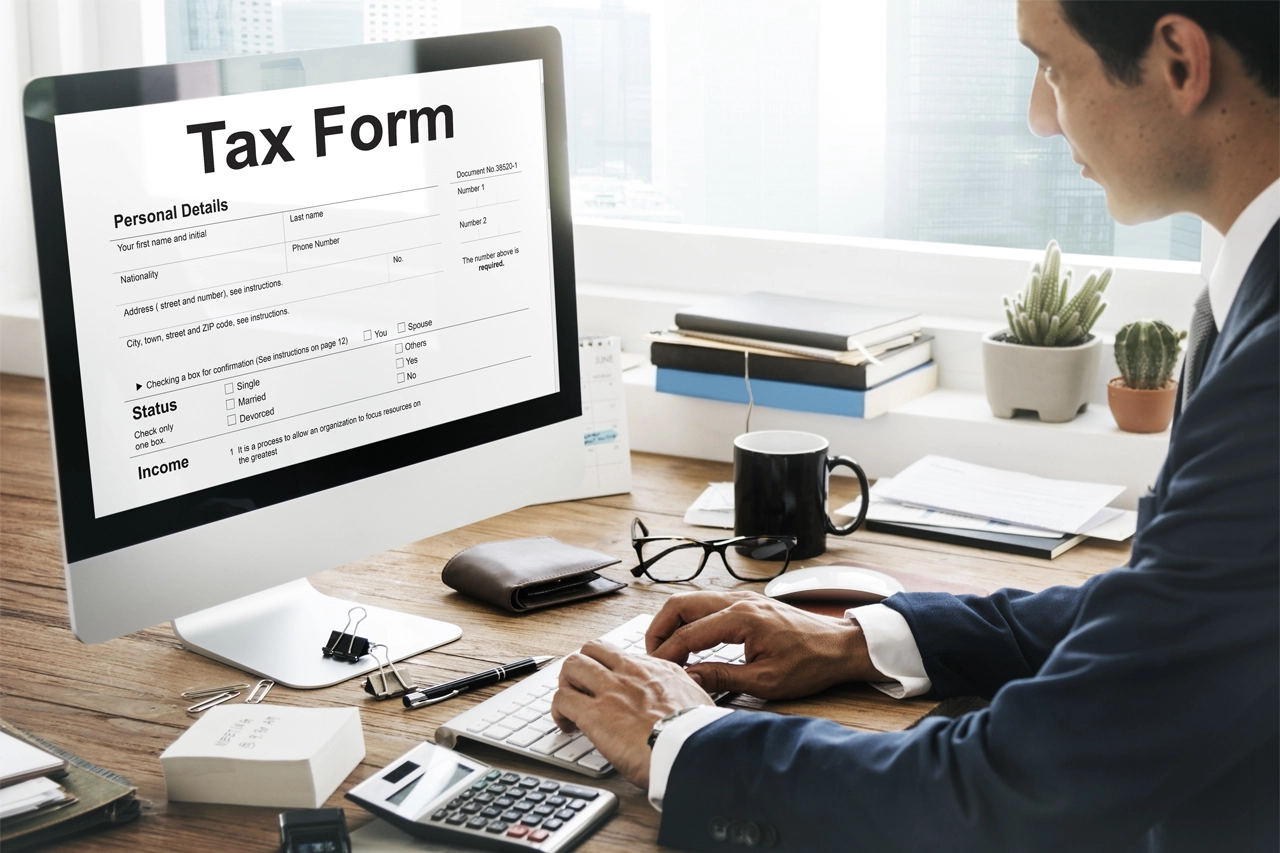How to Prepare for Tax Season: A Guide for Freelancers and Contractors

Tax season can be a stressful time, especially if you’re a freelancer or contractor managing your own finances. Without the built-in support of an employer, handling taxes requires a bit more planning and organization. Here’s a quick guide to help you prepare for tax season with confidence.
1. Organize Your Income Documents

As a freelancer or contractor, you may have income from multiple clients, which means collecting various 1099 forms or other income records. Keep these organized in a dedicated folder—either physically or digitally. Make sure you have documentation of all your earnings throughout the year, even from clients who didn’t send formal tax documents.
2. Track Deductible Expenses Carefully
Freelancers and contractors have unique opportunities for tax deductions. Common deductible expenses include:
- Home office costs (if you work from home)
- Supplies and equipment
- Professional services (like software, subscriptions, or courses)
- Travel and meals related to work
Keep receipts and records for these expenses. A small investment in expense-tracking software can help simplify this process, ensuring you don’t miss deductions that can lower your tax bill.
3. Consider Hiring a Tax Professional

Freelance taxes can be complicated, especially when dealing with self-employment tax, deductions, and quarterly payments. A tax professional can help ensure you’re taking advantage of all possible deductions and accurately filing your returns.
4. Set Aside Money for Taxes Year-Round
Unlike traditional employees, freelancers and contractors don’t have taxes withheld automatically. Aim to set aside 20-30% of your income throughout the year for taxes. This way, you won’t be caught off guard by a large tax bill when filing.
Conclusion
The future of accounting is here, driven by AI and automation. These technologies promise greater efficiency, smarter decision-making, and more strategic roles for accountants. Embracing these changes will unlock new possibilities for accountants and businesses alike.

